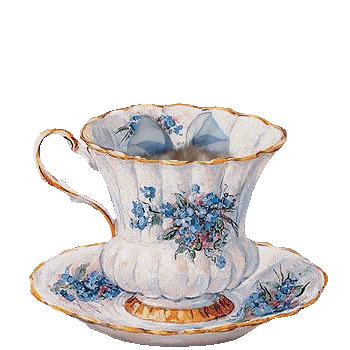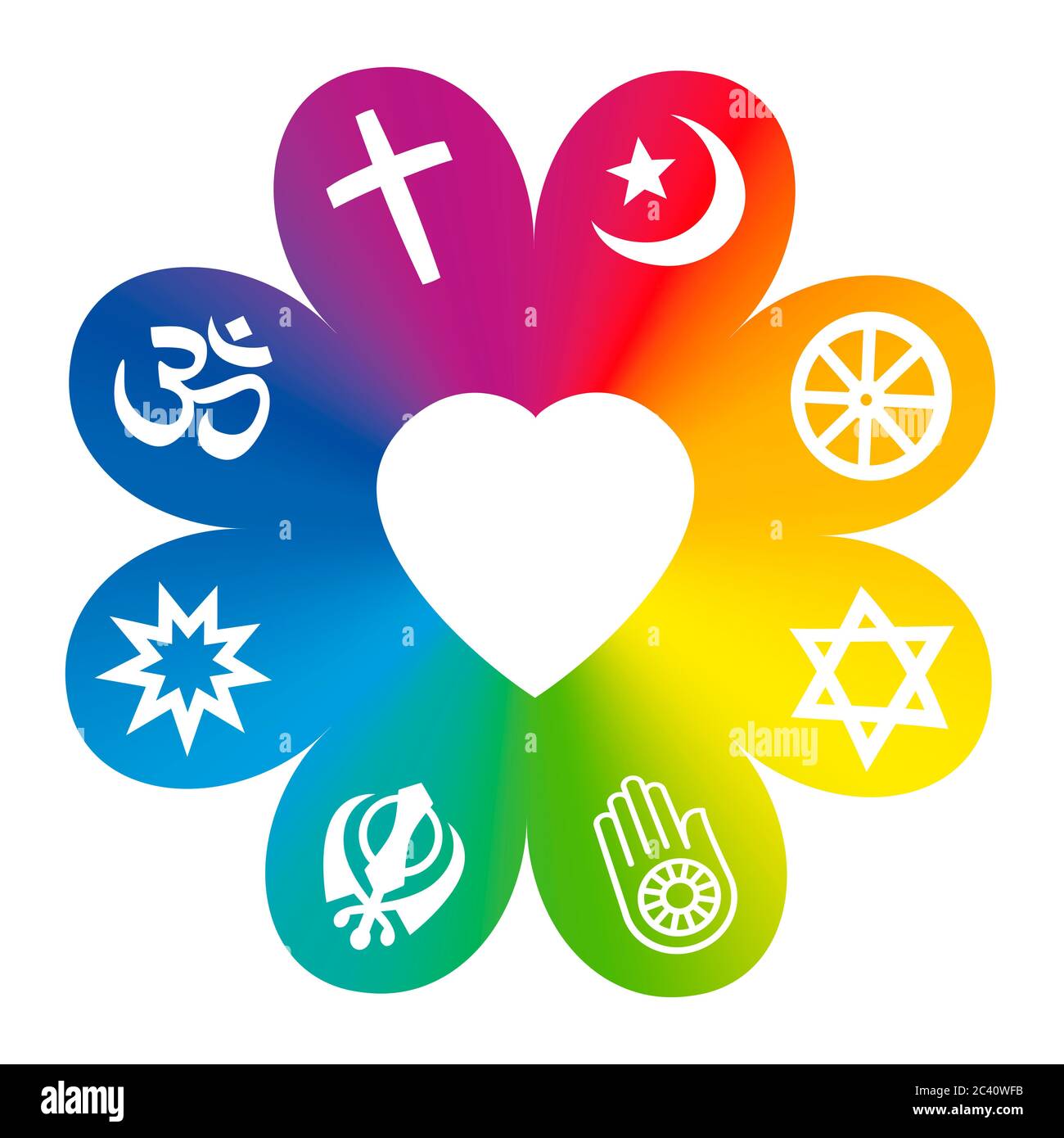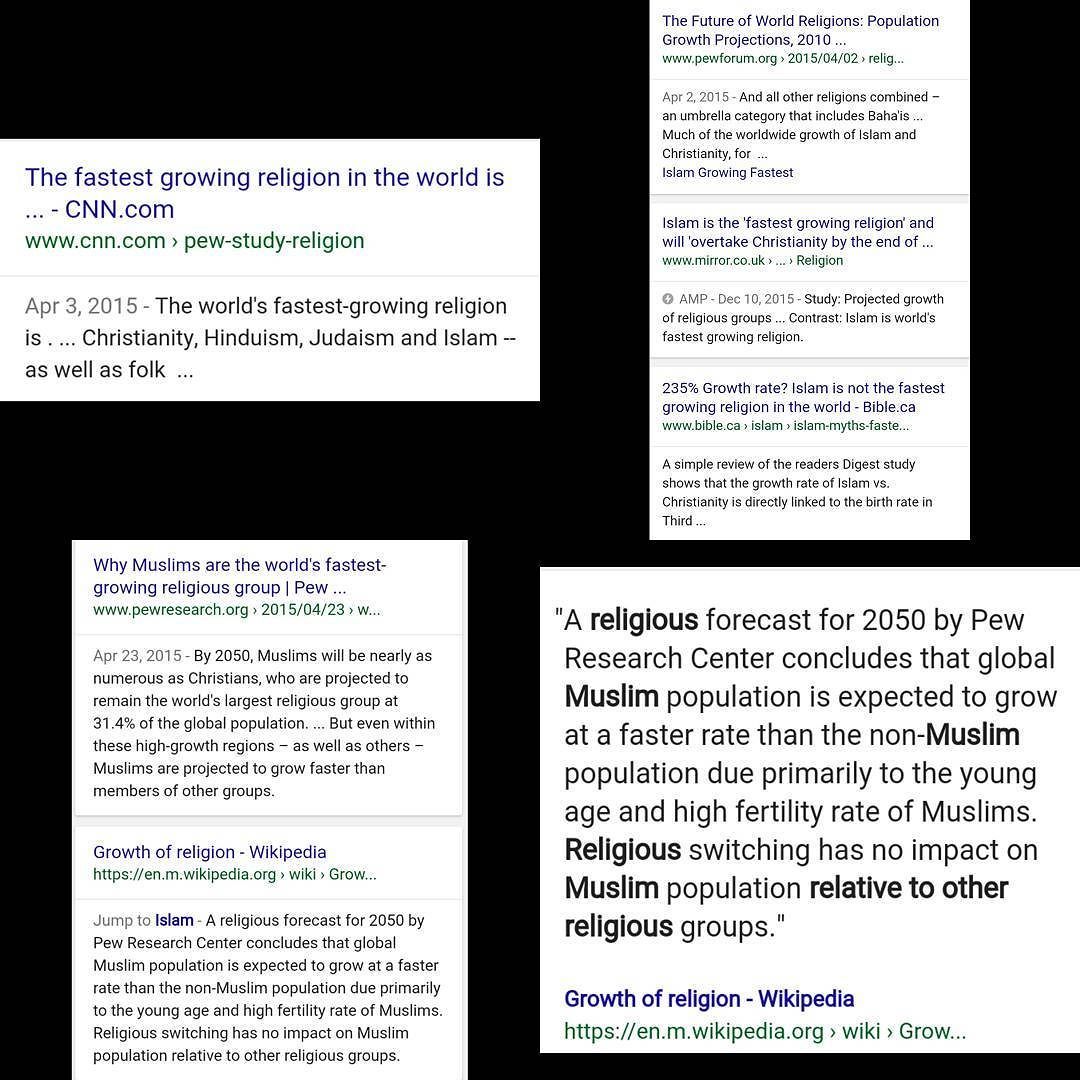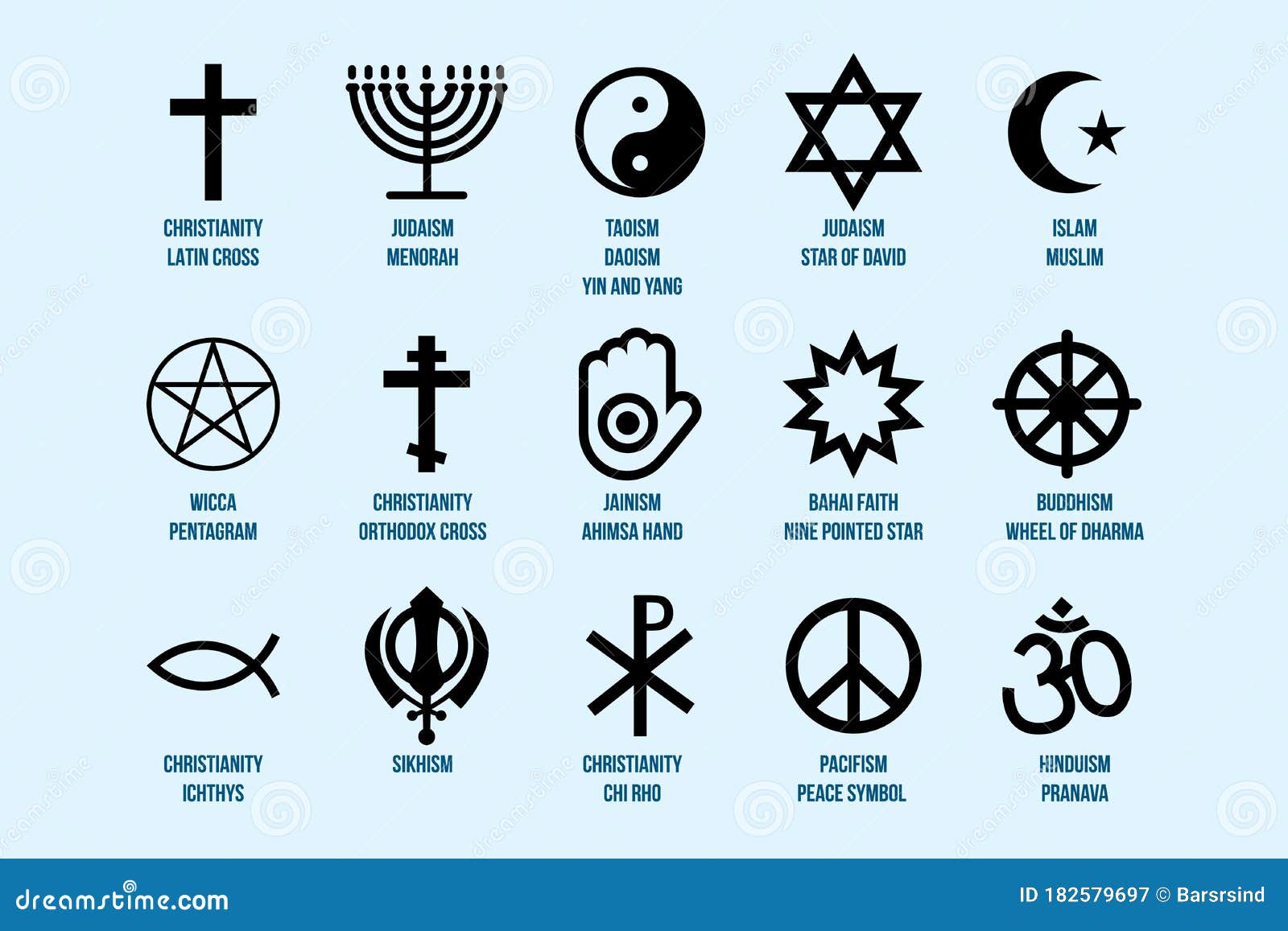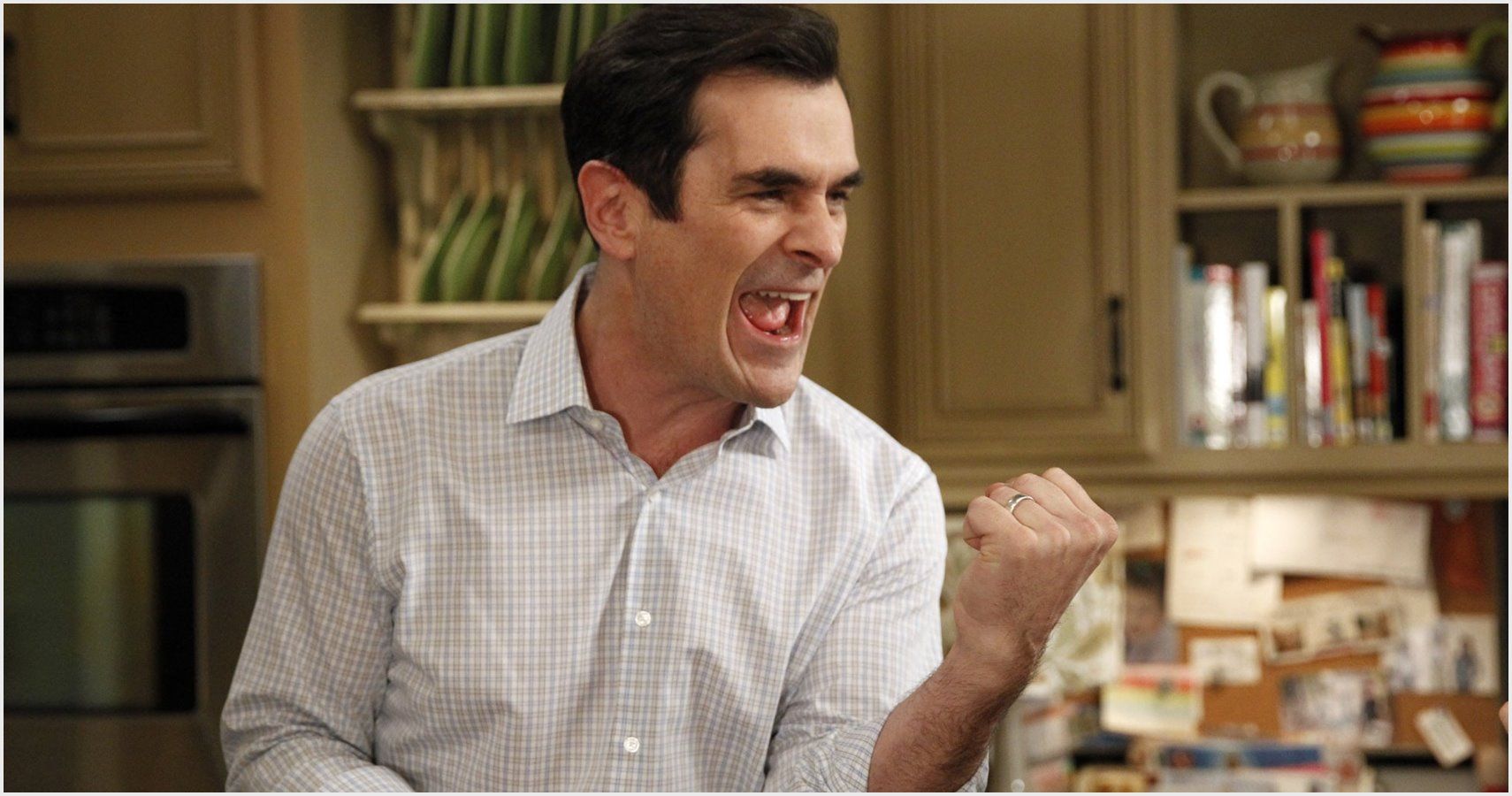Exploring the Religious Background of Ozzie and Harriet Nelson: Fact, Perception, and Cultural Impact
Understanding the Religious Identity of Ozzie and Harriet Nelson
Ozzie and Harriet Nelson, stars of the iconic television series “The Adventures of Ozzie and Harriet,” are often remembered as the embodiment of mid-century American values. Their show, which aired from the 1940s through the 1960s, continues to hold a unique place in the collective memory for its portrayal of family unity, gentle humor, and wholesome living. But when it comes to their real-life religious beliefs, the truth is more complex than the idealized image often associated with their television personas.

Source: tvwheniwasborn.blogspot.com
The Perceived Faith of the Nelson Family
Throughout the peak years of their show, Ozzie and Harriet Nelson were widely viewed as paragons of traditional American-often implicitly Protestant Christian-values. The show itself did not make overt references to religion, a common practice for mainstream entertainment during the 1950s and 1960s. Instead, it focused on themes like honesty, integrity, and the importance of family, all of which resonated with the cultural and moral expectations of the era. Many viewers, therefore, assumed the Nelsons were members of a Protestant Christian faith, reflective of the dominant religious culture in mid-century America [4] .
“The Adventures of Ozzie and Harriet” subtly reinforced Christian ethics through its storylines and character interactions rather than through explicit churchgoing or theological discussion. This approach allowed the show to appeal to a broad audience while reinforcing a vision of America that was unified by shared values, if not specific religious practice [4] .
Reality Behind the Scenes: Ozzie and Harriet’s Personal Faith
Despite public perception, the Nelson family’s private religious beliefs were quite different from the image presented onscreen. Harriet Nelson herself reportedly acknowledged that the family never attended church, and this was not unusual for similar television families of the era [1] . Their real-life home was not centered on religious rituals or regular worship, and their fictional home reflected a world of mild moral dilemmas rather than overt spiritual struggles. The lack of explicit religious themes was not necessarily a rejection of faith, but rather a reflection of broader trends in American media, where religious identity was more often implied through shared cultural values than through specific practices [1] .
Rumors persisted for years about Ozzie Nelson’s personal beliefs, with some suggesting he was an atheist. Ozzie published his autobiography late in life, maintaining a generally positive public image. However, some sources note that he directly addressed these rumors, with varying interpretations of his statements. Harriet, for her part, did not publicly identify with any particular church or denomination, and there is no evidence that the family was affiliated with any specific religious institution [3] .
Ozzie Nelson’s Atheism: Public Revelation and Its Impact
In the 1970s, Ozzie Nelson confirmed what had long been rumored: he had lived his life as an atheist. This revelation came as a surprise to many fans, particularly those who had viewed the Nelsons as role models for Christian family life. In his autobiography, Ozzie openly discussed his lack of religious belief, stating that he had never been a churchgoer and had not subscribed to religious faith during his lifetime. This honesty was unusual for the time and marked a significant departure from the sanitized image of earlier decades [5] .
The response from the public was mixed. Some fans felt betrayed by the contrast between Ozzie’s public persona and his private convictions, while others appreciated his candor. The revelation also raised important questions about how television and media of the era shaped perceptions of morality, faith, and family life. Ozzie’s atheism, quietly acknowledged in his final years, did not diminish the positive impact of the Nelsons’ show on American culture, but it did challenge assumptions about the relationship between entertainment and personal belief [5] .

Source: vintagefilmchannel.com
Why Religious Identity Was Rarely Disclosed on Classic TV
The reluctance to discuss or depict explicit religious affiliation was a hallmark of mid-century American television. Producers and writers sought to create content that would appeal to the widest possible audience, avoiding potentially divisive topics like denominational differences. As a result, shows like “The Adventures of Ozzie and Harriet” presented an idealized, nonsectarian vision of American family life. This strategy not only reflected the cultural realities of the time but also contributed to the normalization of a generic, values-based morality in popular entertainment [4] .
For viewers seeking to understand the faith of Ozzie and Harriet Nelson, it is instructive to look at the broader context of American religious life in the 1950s and 1960s. Attendance at church was a common social expectation, but it was not universal, and private beliefs often diverged from public norms. The Nelsons were part of a larger trend of families who embodied ethical living without overt religious expression-a reality that still resonates today for many Americans.
How to Find Reliable Information About the Nelsons’ Religious Views
For those interested in learning more about the personal beliefs of Ozzie and Harriet Nelson, several approaches can help:
- Consult published biographies, such as Ozzie Nelson’s own autobiography, which details his personal journey and convictions. You may find copies of this book through large booksellers or by searching library catalogs.
- Review interviews and articles from reputable media outlets and academic sources. Searching for “Ozzie Nelson autobiography” or “Ozzie and Harriet religious views” in major library databases or newspaper archives can yield additional context.
- Look for scholarly analyses of mid-century television and American religious culture. University libraries and academic journals often provide in-depth studies of the social and cultural impact of shows like “The Adventures of Ozzie and Harriet.”
It is important to use qualifying language and seek out multiple viewpoints, as definitive information on personal beliefs can be elusive and subject to interpretation. Fans may also consult reputable classic television history sites and oral histories for additional details.
Practical Steps for Researching Public Figures’ Religious Backgrounds
If you are looking to research the religious background of well-known figures like Ozzie and Harriet Nelson, consider the following steps for thorough and respectful inquiry:
- Start with autobiographies or authorized biographies, as these sources are most likely to provide firsthand accounts.
- Search major newspaper and magazine archives for interviews, obituaries, and feature stories. Public statements, if made, will often be referenced in reputable publications.
- Use academic databases to find scholarly articles that discuss the intersection of entertainment, culture, and religion.
- Be mindful that some information may remain private or unverified. In such cases, it is best to use cautious, qualifying language and avoid speculation beyond what is supported by evidence.
You may also contact classic television museums or media history organizations for guidance on locating primary sources or authoritative secondary analyses. For official records or denominational affiliation, it is generally not possible to access private membership lists, but public records or family histories sometimes provide additional context.
Key Takeaways and Cultural Significance
The story of Ozzie and Harriet Nelson’s religious background highlights the gap that can exist between public personas and private beliefs. Their show set a standard for wholesome family entertainment while sidestepping explicit religious identification. Ozzie’s eventual admission of atheism demonstrates how personal conviction can differ from public perception, especially in an age when media images helped shape the nation’s moral landscape.
If you wish to learn more about the role of religion in classic American television, you may search for resources at your local library or contact reputable media history organizations. Always verify the credibility of your sources and consider multiple perspectives for a balanced understanding.
References
MORE FROM cheerdeal.com



